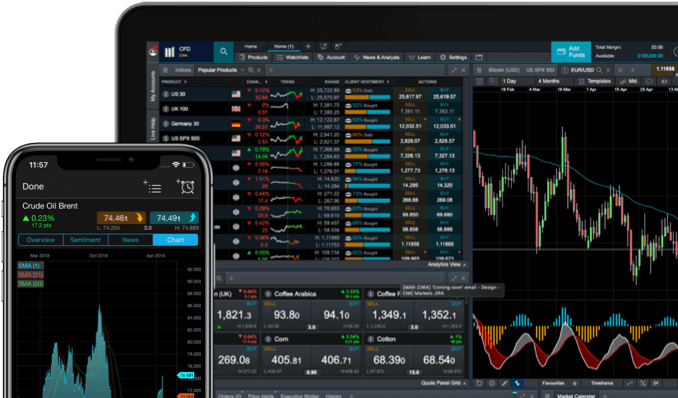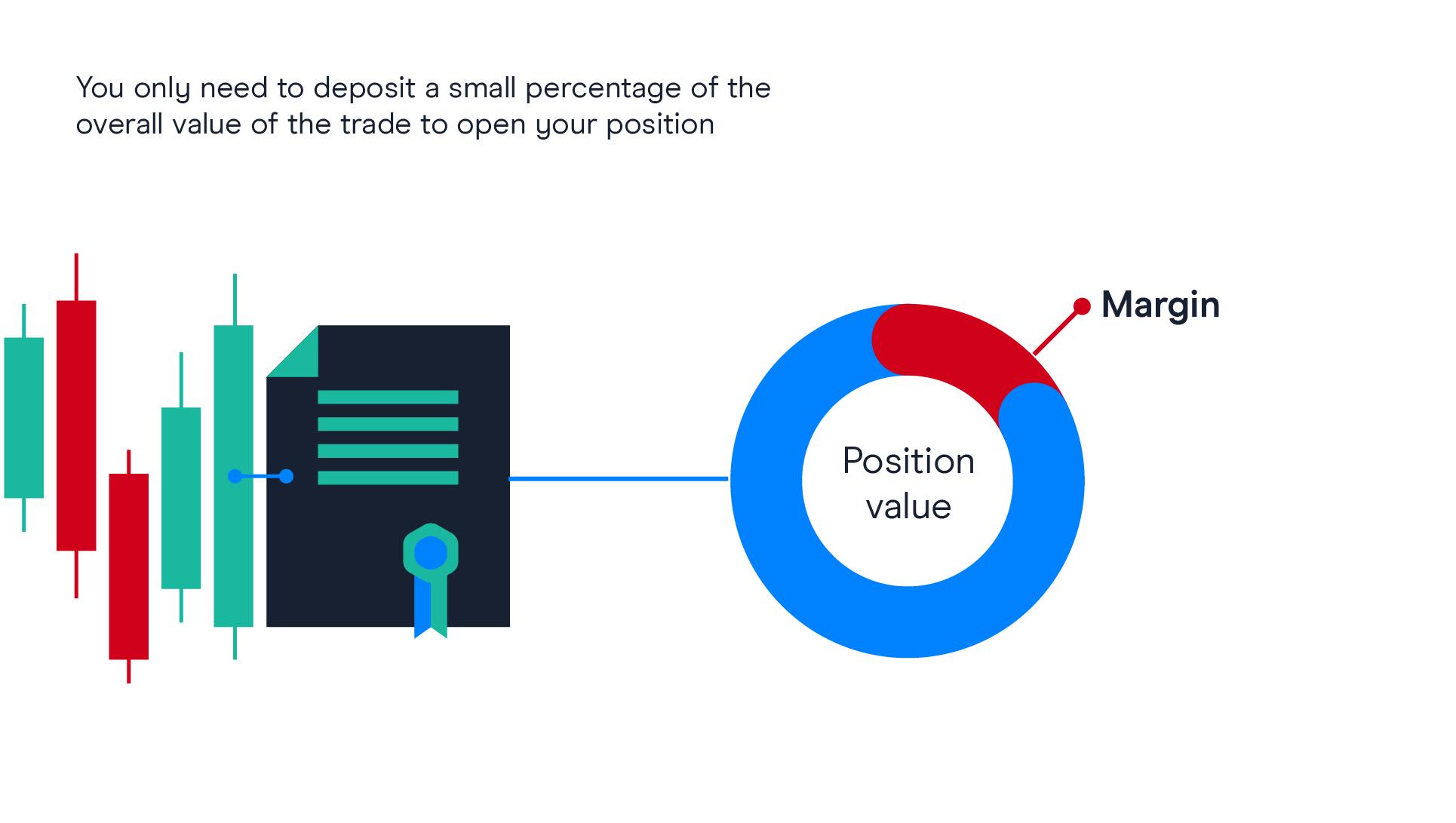Let’s look at the numbers and see how the costs of spread betting in the longer-term compare with buying and holding company shares.
Example of buying physical shares:
Let’s take a fictional, medium-sized company called 'ABC', which is currently trading on the stock market at 299.5p to sell and 300p to buy.
An investor has around £1,500 to invest so they decide to buy 500 shares. This means that they have invested £1,500 in ABC, but on top of this, there are some trading charges to pay. Shareholders must pay commission and this amount can vary from very little to quite a lot, depending on your stockbroker and the services offered. Let’s assume that the investor’s stockbroker charges a rate of £10 for commission on this trade. There is also stamp duty, which at the time of writing was 0.5% on shares, so that’s another £7.50 in charges on this transaction.
Now, let’s fast forward a month into the future.
Our investor is delighted that ABC's share price has risen by 10% and so they decide to sell. The market price for ABC has risen to 329.5p/330p and they sell 500 shares at 329.5p per share, receiving £1,647.50. There is usually a charge for selling through your stockbroker, so let's assume this transaction costs £10 again. Now that our investor has concluded the sale of their shares, let's look at their total profit.
To buy the shares, including stamp duty and commission, they had to spend £1,517.50. When selling, after paying commission again on the sale, they received £1637.50, so the profit on this deal was £120. This is a substantial return after just one month, but was there a more cost-effective way of doing this?
Example of trading on shares with spread bets:
Now, let’s look at taking on a similar position by spread betting shares. The spread betting price quote on ABC is slightly wider than the market, so we will use 298.5p to sell and 301p to buy.
To have the same exposure as buying 500 shares, our investor needs to buy £5 per point. If you look at the maths here, this makes sense: £5 x 301= £1505. So, the position value of the shares using a spread bet is equivalent to £1505 worth of shares. If the value of the shares increases or decreases, then the spread bet will follow.
There's no commission or stamp duty to pay when spread betting stocks and, because spread bets require margin, our investor does not need to tie up all their capital. However, it is important to remember that the loss you could make on a spread bet may exceed the amount of margin that you used to enter into that bet, meaning you can lose more than your deposit. Let’s assume that the margin deposit for this particular share is 10% of the position value. This means that, in this case, £150.50 would be allocated from the investor's spread betting account to open a spread bet worth £1,505 on company ABC.
There are still some charges that occur when spread betting on a share. If a trader holds their position overnight, they will be charged a spread betting holding cost. This rate is usually based on the Sterling Overnight Index Average (SONIA) interest-rate benchmark plus a percentage, which will vary from broker to broker. Let’s assume that our investor’s broker charges SONIA + 2.5% and SONIA is currently at 0.45%. This means that their financing will cost 2.95% if held for a year, but this is broken down to a daily rate so the daily cost for this spread bet is around 0.0081%. On a position value of £1,505, this equates to about 12p per day. Over the month, this would equal financing charges of around £3.65 that would have been deducted from the investor's account, leaving them with an overall profit of £133.85. This amount is still more than they would have made buying the shares through a traditional stockbroker, plus the investor did not have all of their £1,500 tied up in the shares.
Read more about our various trading costs.



